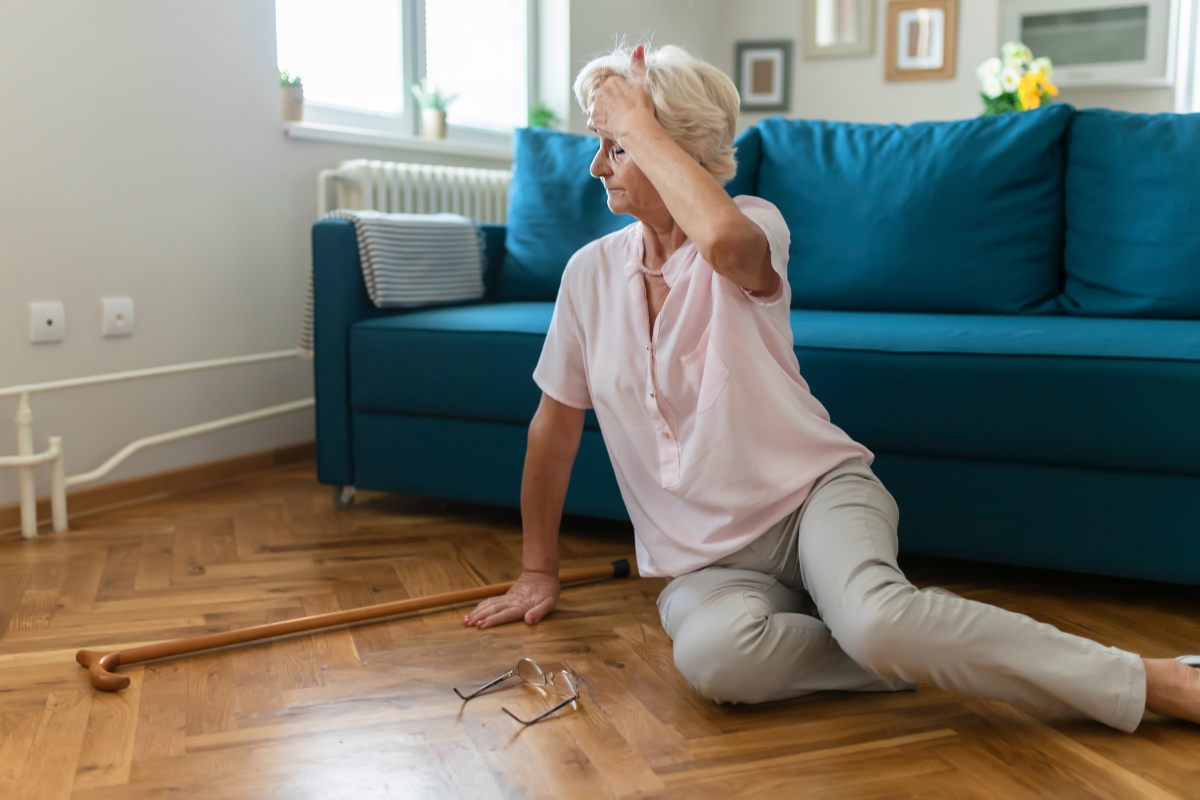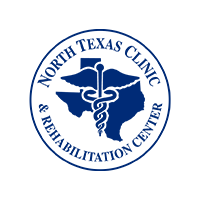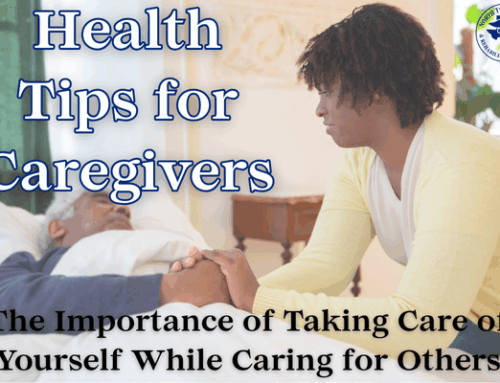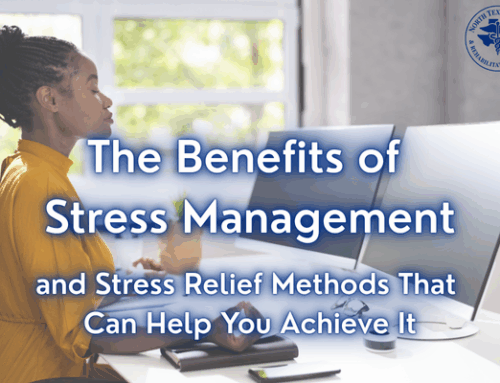If you’ve been feeling a bit unsteady on your feet or have experienced a recent fall, you may want to talk to your healthcare provider about balance tests.
As we age, we become more vulnerable to falls for various reasons. These include inner ear problems, vision disturbances, weakened muscles and joints, and side effects of health conditions and medications.
Balance tests can help you and your provider identify the cause and build treatment plans for addressing it before disaster strikes.
A hard fall can be devastating, especially for older people who don’t heal as quickly and aren’t as strong as they once were. So, knowing the risks and addressing the causes can help avoid a life-changing fall before it happens.
What Are Balance Tests?
Balance tests are simple procedures to check how well your body stays steady when standing, walking, or moving your head.
They help us understand whether your sense of balance is working properly or if something may be off with your muscles, joints, eyes, or inner ears, all of which work together to keep you upright.
There are several types of balance tests, ranging from quick in-office checks to more detailed computerized exams that must be performed by specialists.
Who Needs a Balance Test?
You may need a balance test if you have:
- Been feeling dizzy, lightheaded, or generally weak.
- Had trouble walking in a straight line.
- Felt unsteady when you stand up or move around.
- Fallen or come close to falling recently, especially without an obvious reason, such as tripping on an unseen object in the way.
- A medical condition like diabetes, neuropathy, Parkinson’s, or a history of stroke.
- Been prescribed a medication known to cause dizziness or unsteadiness.
Many people don’t realize that small changes in how they move or feel, like needing to grab furniture while walking, can be early signs of a balance problem. Testing can help catch issues early so you can get the support you need.

What Can Balance Tests Diagnose?
Different balance tests can help healthcare providers identify:
- Inner ear problems (like vestibular disorders or vertigo)
- Neurological conditions (such as Parkinson’s disease or multiple sclerosis)
- Muscle weakness or coordination issues
- Side effects of medications
- Postural problems or spinal misalignment
- Fall risk level, so we can help prevent injuries before they happen
These tests give providers a fuller picture of what underlying conditions or problems you may be experiencing, even if you haven’t had a significant fall yet.

Balance Tests at North Texas Clinic and Rehab
To get a baseline for how safely you can stand and walk, we use a functional assessment called “Timed Up and Go.” During this quick but highly valuable procedure, we simply observe and time you as you stand from a sitting position and walk 10 feet and back.
This simple test allows us to assess your fall risk and observe your gait, posture, strength, and stability.
Other tests performed by specialists can diagnose the exact causes of balance problems, especially those related to inner ear problems. If you need further testing that we cannot perform, we can make referrals at that time.
However, our fast, easy, and affordable assessment helps us begin to form a treatment plan to prevent future falls.

What Happens If I Have a Balance Disorder?
If we believe you have a balance issue, the next steps depend on what we determine the most likely cause is. For inner ear issues, we will refer you to an ear doctor (otolaryngologist) who specializes in those conditions. We’ll do the same for eye-specific problems.
If the issue is physical, we recommend:
- Physical therapy and/or chiropractic care to improve strength, coordination, and posture while treating pain and inflammation
- Exercises you can do at home to retrain your body and brain while supporting muscle and joint health
- These include muscle-building, low-impact strength training, gentle mobility movements, and crucial core-strengthening exercises.
- Medication adjustments if a current drug is affecting your balance
- Assistive devices or home safety recommendations, such as a walker or handles in the bathroom, to help prevent falls
Our goal is to help you stay safe, mobile, and confidently independent whenever possible.
If we are unable to find or treat the exact cause, we will help you find the right specialist who can.

Balance and Mobility Are Essential
If you’ve noticed any changes in your stability — or just want peace of mind — don’t wait to schedule an appointment with us.
Many balance problems can be rehabilitated or treated. Even if it isn’t an issue you can fix, diagnosing it can allow you to get the help you need to stay safe.
If you have concerns about your balance or mobility, call us today. We’ll discuss your symptoms and see if a balance test is right for you.





